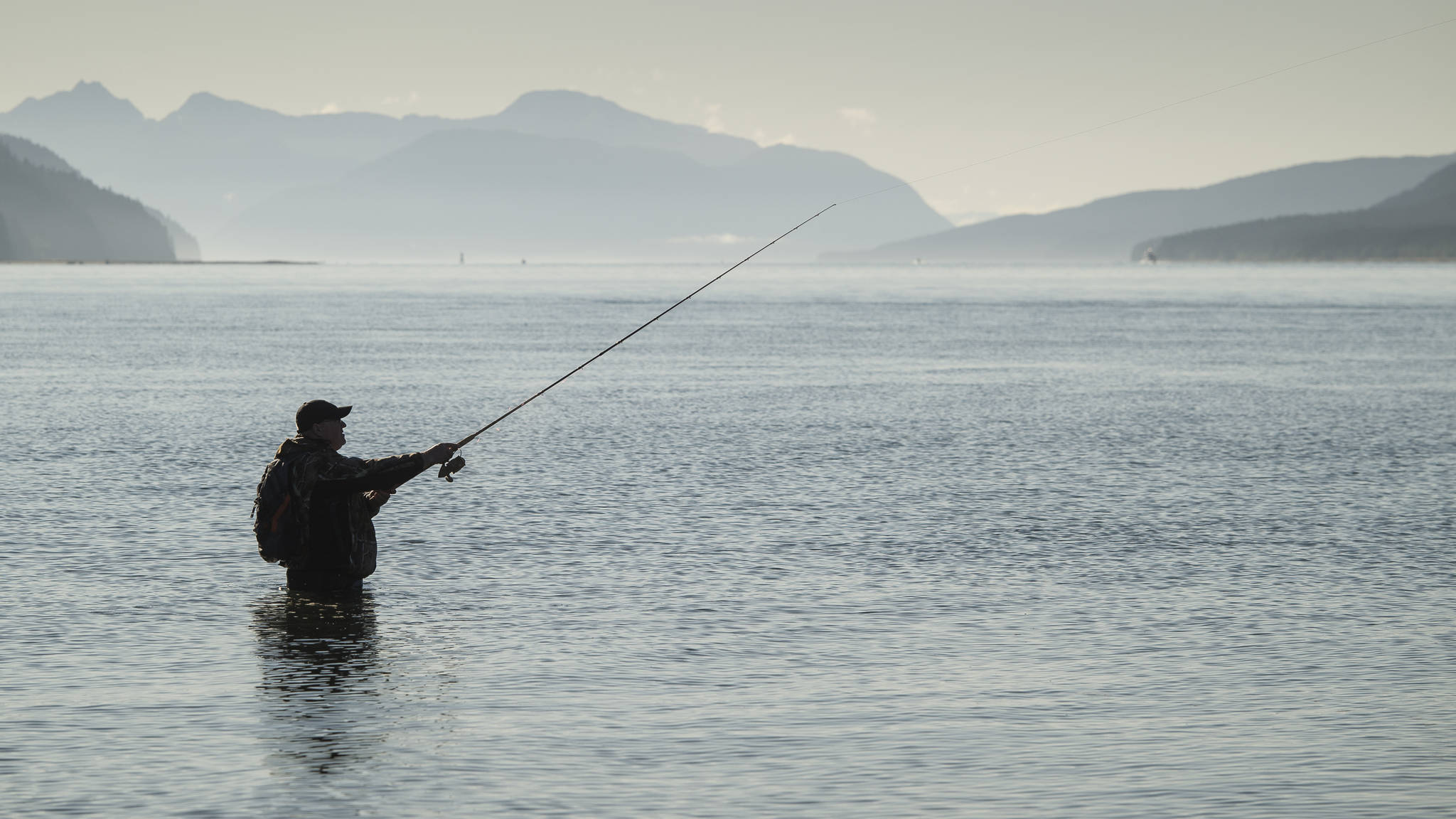Juneau’s summer was the third-warmest on record, according to figures compiled by the National Weather Service here.
Temperatures at Juneau International Airport, the city’s official measuring point, averaged 57.9 degrees in June, July and August, the three months of meteorological summer.
Summer 2018: Juneau 3rd warmest of record with avg temp 57.9F, and Ketchikan 4th warmest with avg temp 60.0F @AK_OK @KRBDRadio
— Rick Thoman (@AlaskaWx) September 1, 2018
Only summer 2016 (58.3 degrees) and summer 2004 (59 degrees) were warmer. Five of the 10 warmest summers in Juneau have come in the past 14 years, and all of the top 10 have come since 1989. Reliable records have been kept at the airport since 1936.
June averaged a half-degree above normal, July was 4.3 degrees above normal (and the warmest month ever recorded in Juneau) and August finished 1.6 degrees above normal.
So far this year, Juneau has had 28 days with high temperatures at or above 70 degrees; the normal figure is 19. There have been six days with temperatures at or above 80; a normal year has two.
The highest temperature of Juneau’s summer came on July 4, when the thermometer reached 84 degrees. The highest reliable temperature recorded this year in Alaska was 94 degrees, seen in Hyder in July.
The warm weather has been frequently accompanied by clear skies. Through Monday, Juneau has had 32.11 inches of precipitation (rain and melted snow). That’s about an inch and a half below normal.
Elsewhere in Southeast Alaska, conditions have been proportionally drier. While Ketchikan has had 64.28 inches of precipitation — almost exactly twice that of Juneau — that’s less than 82 percent of normal for the First City.
Coupled with low snow last year, Ketchikan and much of southern Southeast is officially in a drought, with hydroelectric reservoirs running intermittently because there hasn’t been enough rainfall to keep them filled.
While summer has been warm across Southeast Alaska, the seasonal change is coming.
Temperatures dipped Monday morning to 39 degrees in the Mendenhall Valley, marking the first time temperatures there finished in the 30s since June 3.
Did it feel a bit chilly this morning in #Juneau? Overnight lows dropped to 39° at the Juneau Forecast Office (WFO). This is the first time since June 3rd that temperatures have fallen into the 30's at the WFO. #akwx pic.twitter.com/aVm40m87Zf
— NWS Juneau (@NWSJuneau) September 3, 2018
Forecasts for the rest of the week call for sunny skies and temperatures in the 60s during the daytime, dipping to the mid-to-low 40s at night.
In the month to come, the National Oceanic and Atmospheric Administration’s climate prediction center forecasts an equal chance of above-normal or below-normal temperatures and rainfall.
In an average September, Juneau sees 8.64 inches of rain, making this normally the rainiest month of the year here. Temperatures accelerate their slide downward from their peak in July, averaging a flat 50 degrees.
The one literal bright spot: While Fairbanks and Anchorage have more hours of daylight than Juneau at the start of the month, Juneau outpaces them by the time October begins.
• Contact reporter James Brooks at jbrooks@juneauempire.com or 523-2258.

